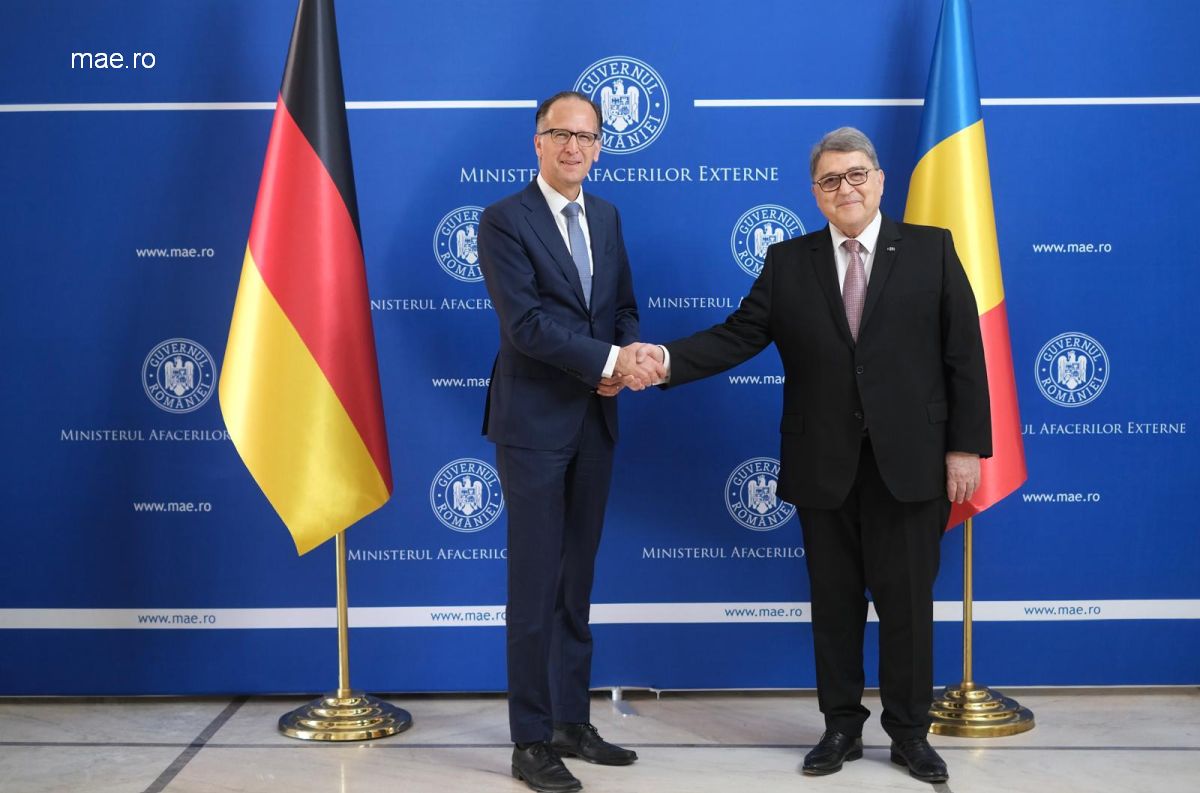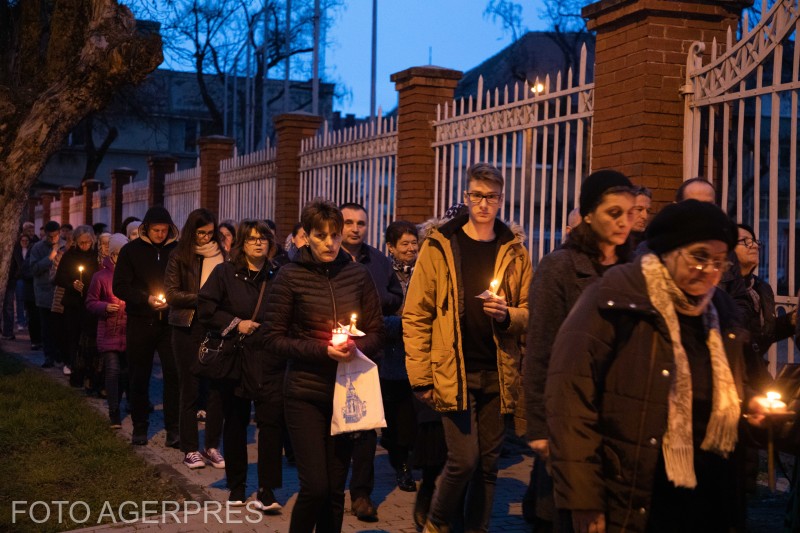Romania and the migration crisis
The migration crisis is high on the Romanian prime ministers agenda for next weeks European Council.

Bogdan Matei, 09.12.2015, 13:50
A former European commissioner for
agriculture, Dacian Ciolos will return to Brussels next week as Romania’s prime
minister in a technocratic cabinet. On Tuesday, the joint parliamentary
committees for European affairs approved Ciolos’ agenda for the upcoming
meeting of the European Council on the 17th and 18th of
December.
The proposal for Romania to be
represented at this meeting by its prime minister came from president Klaus
Iohannis, and experts have all welcomed the idea because, on the one hand,
Ciolos is at ease in Brussels, and on the other, because this would send a good
signal about the mutual trust between the president and the prime minister. In
the past, both Iohannis and his predecessor Traian Basescu did not hide their
misgivings about delegating the former Social Democrat prime minister Victor
Ponta to represent Romania in Brussels. We recall that Ponta resigned last
month following massive anti-corruption demonstrations.
Ciolos said it was important to have
a meeting with the parliamentary committees for European affairs because one of
his cabinet’s priorities is to prepare Romania’s agenda in the run-up to its
taking over the EU rotating presidency in 2019. At next week’s summit, Ciolos
said Romania would insist on the need to solve the fundamental issues
underlying migration and to secure Europe’s borders more efficiently. Dacian
Ciolos:
The central element of my agenda is
that Romania will insist on the need to address the root causes of migration
and to achieve a better security of the European Union’s borders, while also
controlling migration at its source.
The prime minister also said Romania
would maintain its reservations about the introduction of a permanent mechanism
for the redistribution of refugees coming to the European Union from Africa and
the Middle East. In September, the former prime minister Victor Ponta said
Romania could not take in more refugees than it could accommodate. He said
Romania could only provide accommodation for 1,500 people, but 150-200 of these
places had already been occupied. Amid speculations in the foreign media at the
time about Romania receiving 4,000-7,000 immigrants, president Iohannis said
that each EU member state had a right to take in only as many refugees as it can
accommodate. The figure he mentioned, namely 1,785, was close to that proposed
by Victor Ponta. Iohannis stood for what he called voluntary quotas and
rejected the idea of mandatory quotas proposed by EU officials. Later, Romania
appeared to agree to the principle of mandatory quotas, but commentators say
that after last month’s terrorist attacks in Paris, in which so-called refugees
were also involved, the entire issue of migration needs to be reconsidered.






























